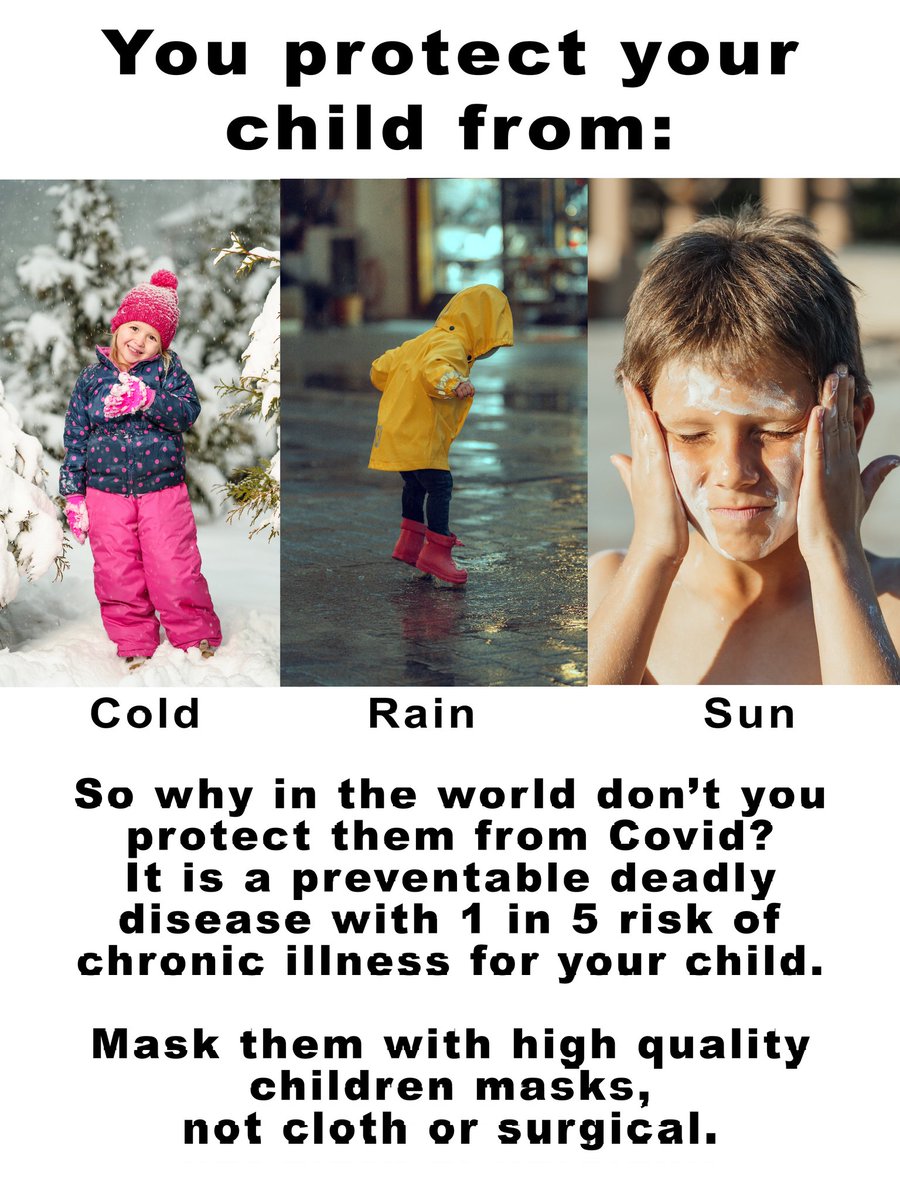1/
It's clear: Long COVID is significantly impacting children. A new study from the University of Otago reveals over a fifth of kids and teens suffer persistent symptoms after COVID-19. This isn't just a cough; it's headaches, fatigue, and new anxieties. #LongCovidKids
It's clear: Long COVID is significantly impacting children. A new study from the University of Otago reveals over a fifth of kids and teens suffer persistent symptoms after COVID-19. This isn't just a cough; it's headaches, fatigue, and new anxieties. #LongCovidKids
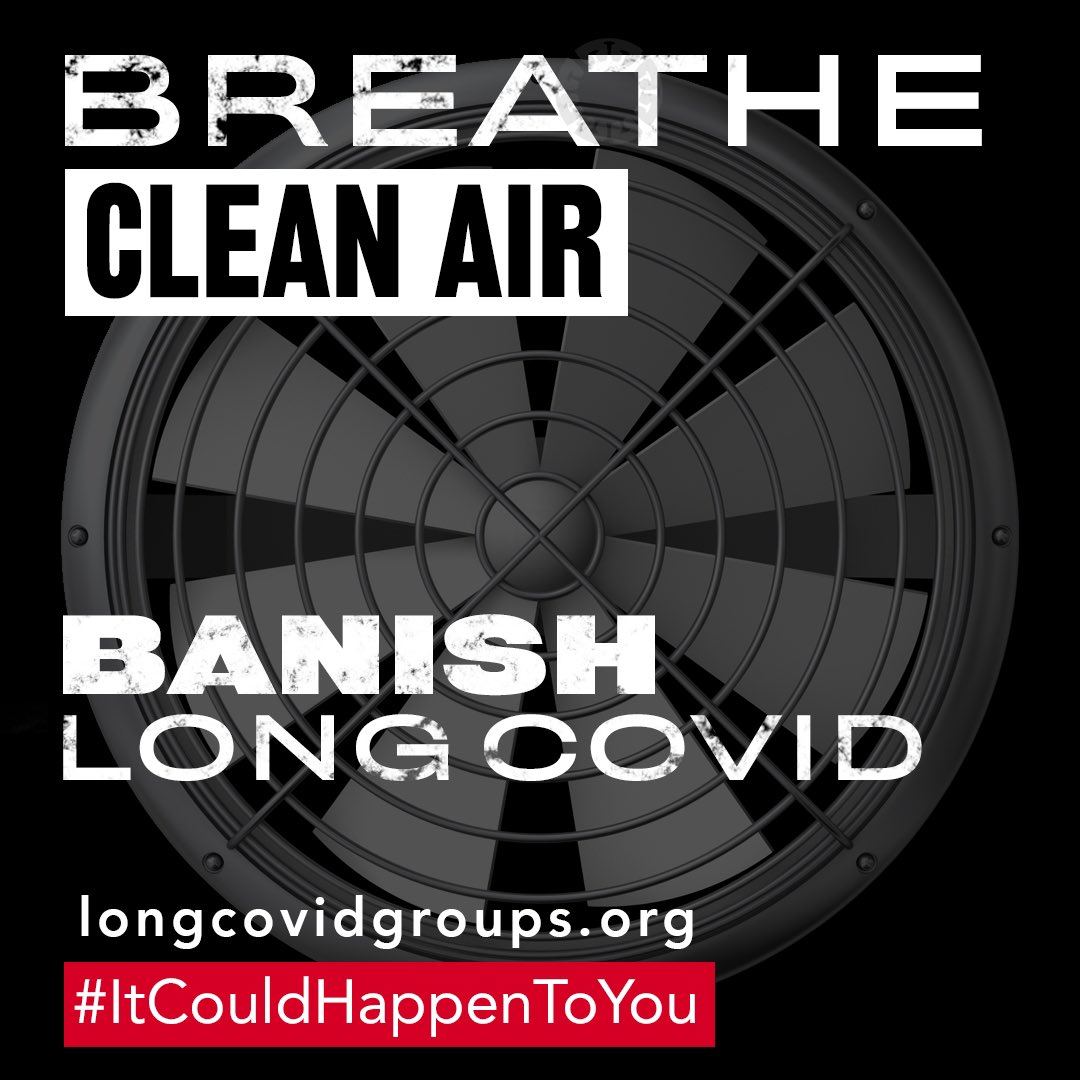
2/
The study, published in the International Journal of Paediatrics and Child Health, surveyed 4200+ children aged 3-20. More than 70% had confirmed COVID-19. A quarter reported more frequent coughs, colds, and stomach aches post-infection. #COVID19 #PublicHealth
The study, published in the International Journal of Paediatrics and Child Health, surveyed 4200+ children aged 3-20. More than 70% had confirmed COVID-19. A quarter reported more frequent coughs, colds, and stomach aches post-infection. #COVID19 #PublicHealth

3/
Persistent symptoms found in the study include:
Headaches (21.7%)
Fatigue (20.6%)
Stomach pain (14.6%)
New anxiety (13.1%)
These symptoms affect daily activities & school attendance. It's crucial we acknowledge this. #ChildrensHealth #PostCovid
Persistent symptoms found in the study include:
Headaches (21.7%)
Fatigue (20.6%)
Stomach pain (14.6%)
New anxiety (13.1%)
These symptoms affect daily activities & school attendance. It's crucial we acknowledge this. #ChildrensHealth #PostCovid
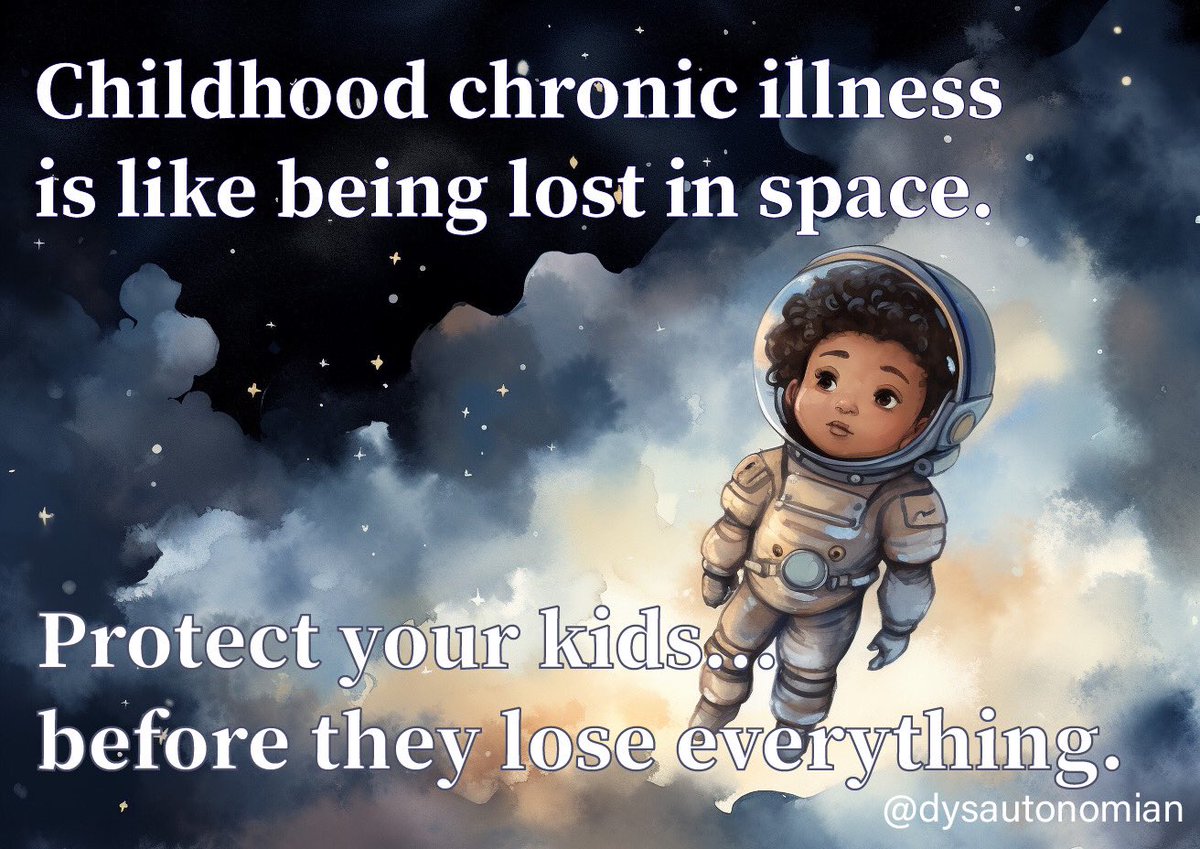
4/
Before widespread COVID-19, 82.6% of children rated their health as "very good" or "excellent." After Omicron waves, this dropped to 66.9%. Kids who had COVID-19 were significantly more likely to rate their health as "acceptable" or "poor." #HealthDisparities
Before widespread COVID-19, 82.6% of children rated their health as "very good" or "excellent." After Omicron waves, this dropped to 66.9%. Kids who had COVID-19 were significantly more likely to rate their health as "acceptable" or "poor." #HealthDisparities
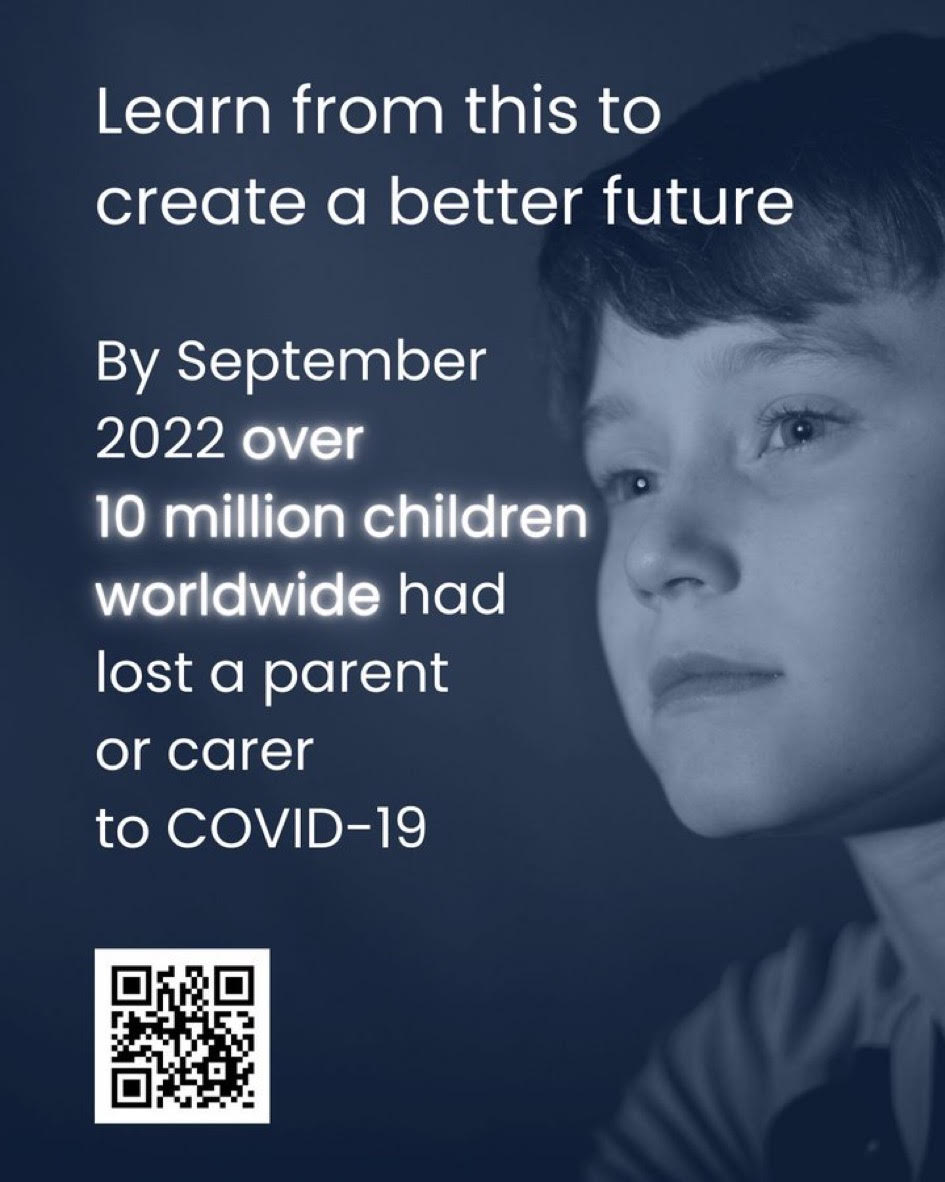
5/
Even previously healthy children are reporting new difficulties, from persistent coughs to concentration issues. While those with existing conditions like asthma or ADHD are at higher risk, many others are also affected. #PediatricCOVID #ChronicIllness
Even previously healthy children are reporting new difficulties, from persistent coughs to concentration issues. While those with existing conditions like asthma or ADHD are at higher risk, many others are also affected. #PediatricCOVID #ChronicIllness

6/
Associate Professor Julie Bennett stresses: "Reducing infections is key to preventing Long COVID." Simple steps like opening windows for better ventilation in classrooms, workplaces, and homes can make a huge difference. #PreventionIsKey #Ventilation
Associate Professor Julie Bennett stresses: "Reducing infections is key to preventing Long COVID." Simple steps like opening windows for better ventilation in classrooms, workplaces, and homes can make a huge difference. #PreventionIsKey #Ventilation

7/
Larisa Hockey from Long COVID Kids New Zealand adds: "There is strong evidence that infection prevention is key to preventing Long COVID. Children deserve every opportunity to grow up healthy and thrive." Let's protect our kids! #ProtectOurKids #ChildhoodIllness
Larisa Hockey from Long COVID Kids New Zealand adds: "There is strong evidence that infection prevention is key to preventing Long COVID. Children deserve every opportunity to grow up healthy and thrive." Let's protect our kids! #ProtectOurKids #ChildhoodIllness
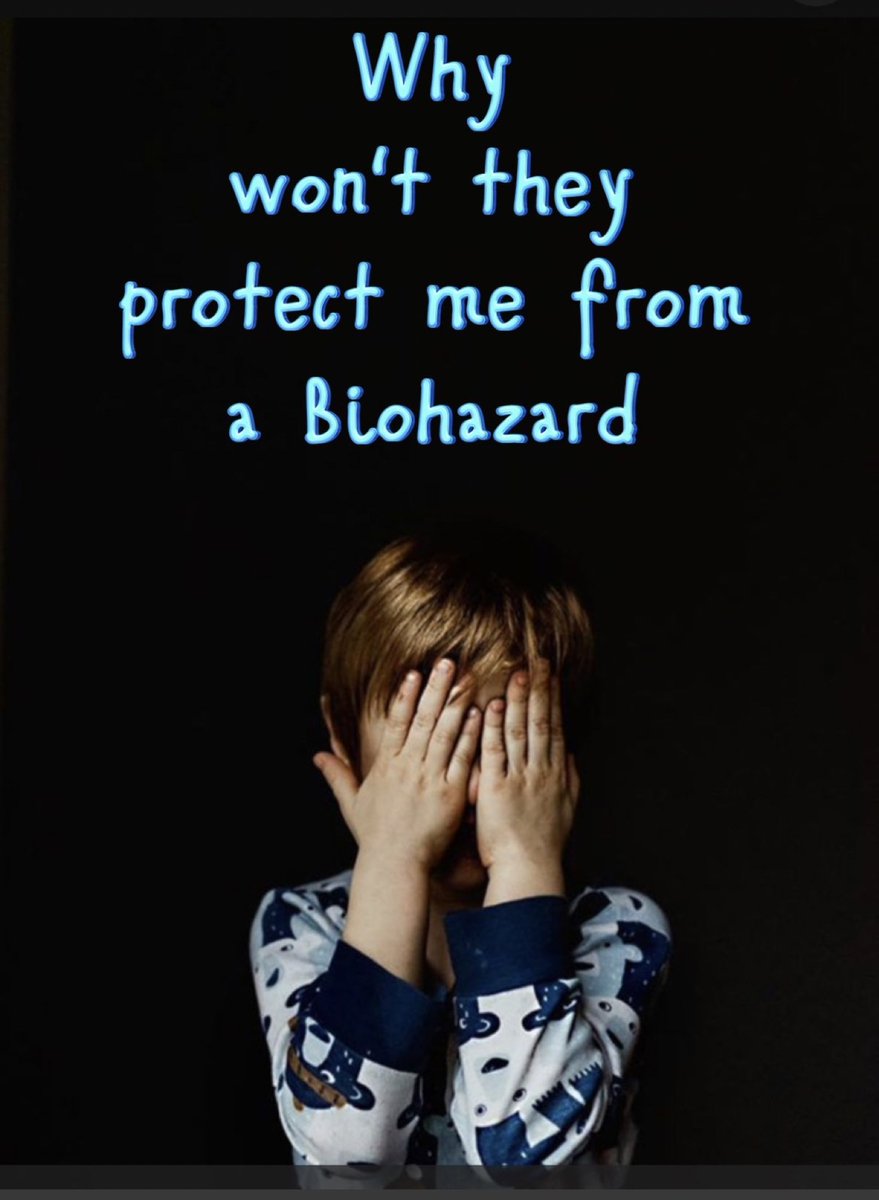
8/
If a child gets COVID, ensure they rest during and after the infection to prevent post-viral complications like Long COVID. Their long-term health depends on it. #RestAndRecovery #LongCovidAwareness
H/T @scott_squires for íposter collection.
H/T @lady_bourg proof reading
If a child gets COVID, ensure they rest during and after the infection to prevent post-viral complications like Long COVID. Their long-term health depends on it. #RestAndRecovery #LongCovidAwareness
H/T @scott_squires for íposter collection.
H/T @lady_bourg proof reading
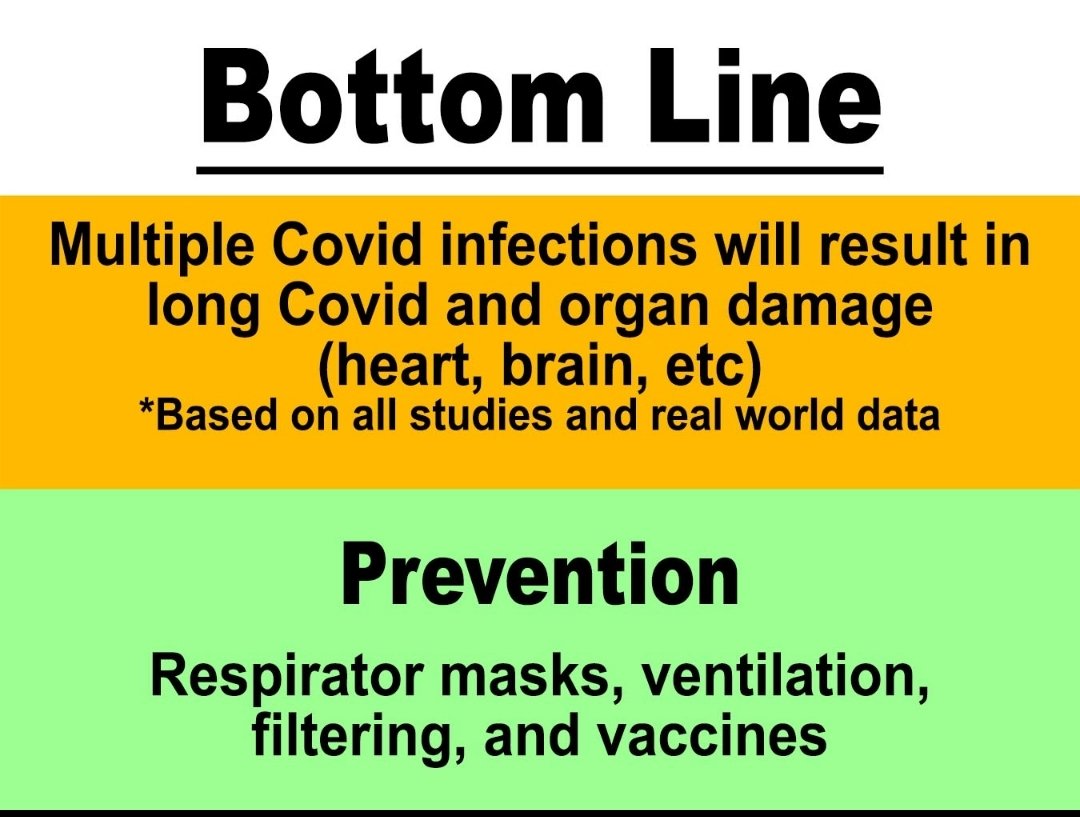
• • •
Missing some Tweet in this thread? You can try to
force a refresh











